U.N. CLIMATE talks ended Sunday with a compromise that sparked widespread disappointment, after key decisions on the rules for an international carbon markets were postponed for another year.
After an extended two nights of fractious negotiations, delegates in Madrid decided to defer the debate until the next U.N. climate summit in Glasgow in November.
Economists have said putting a price on carbon dioxide – the main greenhouse gas – and allowing countries or companies to trade emissions permits, will encourage the shift to away from fossil fuels toward renewable energy.
U.N. Secretary-General António Guterres said he was “disappointed” by the meeting’s outcome.
“The international community lost an important opportunity to show increased ambition on mitigation, adaptation and finance to tackle the climate crisis,” he said. “We must not give up and I will not give up.”
Some observers welcomed the failure of a deal on carbon markets, however, and the European Union and developing countries had said beforehand that no deal was better than a bad one.
“Thankfully, the weak rules on a market-based mechanism, promoted by Brazil and Australia, that would have undermined efforts to reduce emissions, have been shelved,” said Mohamed Adow, director of Nairobi-based campaign group Power Shift Africa.
Helen Mountford, from the environmental think-tank World Resources Institute, said that ‘given the high risks of loopholes discussed in Madrid, it was better to delay than accept rules that would have compromised the integrity of the Paris Agreement’.
The talks in Spain took place against a backdrop of growing worldwide concern about climate change. The past year saw large protests in hundreds of cities around the globe and climate activists staged several rallies inside and outside the conference venue to express their frustration at the slow pace of the talks.
The meeting was moved from Chile’s capital Santiago to Madrid at a month’s due to violent protests against the Chilean government, which was under pressure to deliver a positive result.
Delegates did make progress on financial aid for poor countries affected by climate change. Countries agreed four years ago to funnel $100 billion per year by 2020 to assist developing nations.
On another positive note, last week the European Union agreed a goal of becoming carbon neutral by mid-century.
However the United States – a key player in climate negotiations – will be excluded from further talks after President Donald Trump announced the country’s withdrawal from the Paris accord, a process that comes into force Nov. 4, 2020.
The Paris accord originally established a common goal of keeping temperature increases below 2 degrees Celsius (3.6 Fahrenheit), ideally 1.5 degrees Celsius (2.7 degrees Fahrenheit) by the end of the century. So far, the world is on course for a 3- to 4-degree Celsius rise, with potentially dramatic consequences for many countries, including rising sea levels and fiercer storms.
Countries are supposed to regularly review their national emissions reduction targets and increase them if necessary.
Scientists said the longer countries wait to cut emissions, the harder it will be to meet the Paris temperature target.
“The global emissions’ curve needs to bend in 2020,” said Johan Rockström, director of the Potsdam Institute for Climate Impact Research near Berlin.
“Emissions need to be cut half by 2030, and net zero emissions need to be a reality by 2050,” he said. “Achieving this is possible – with existing technologies and within our current economy. The window of opportunity is open, but barely.”

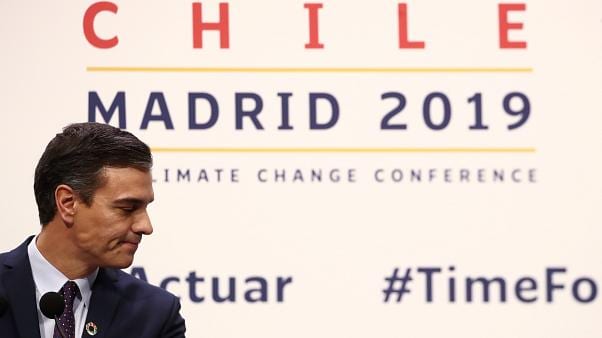


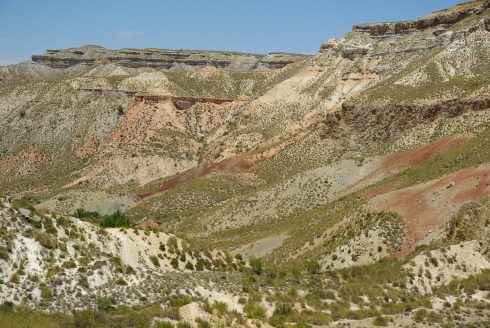
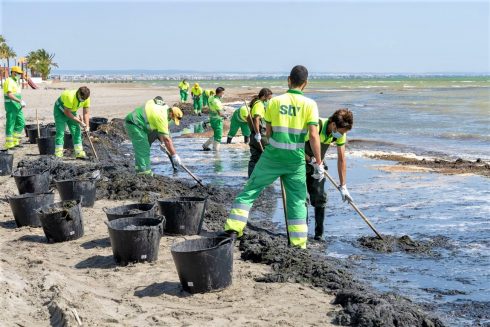

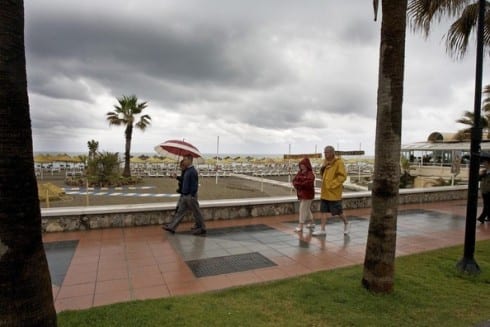
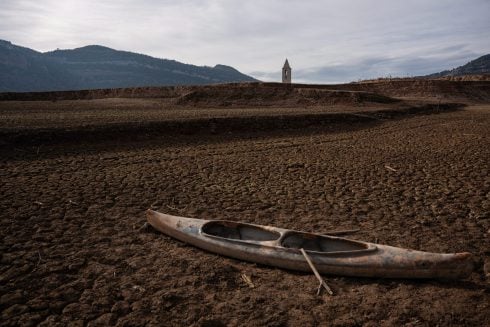


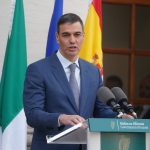
Cop25 talks would have been more beneficial to the environment, if all that hot air had been harnessed for energy. With Capitalism being inextricably linked with climate change, it is not surprising that the biggest greedy pigs have effectively closed down the talks and kicked them into the long grass.
Unless it is recognised that we live on a finite planet and infinite growth is incompatible with survival, then eventual armageddon is inevitable.